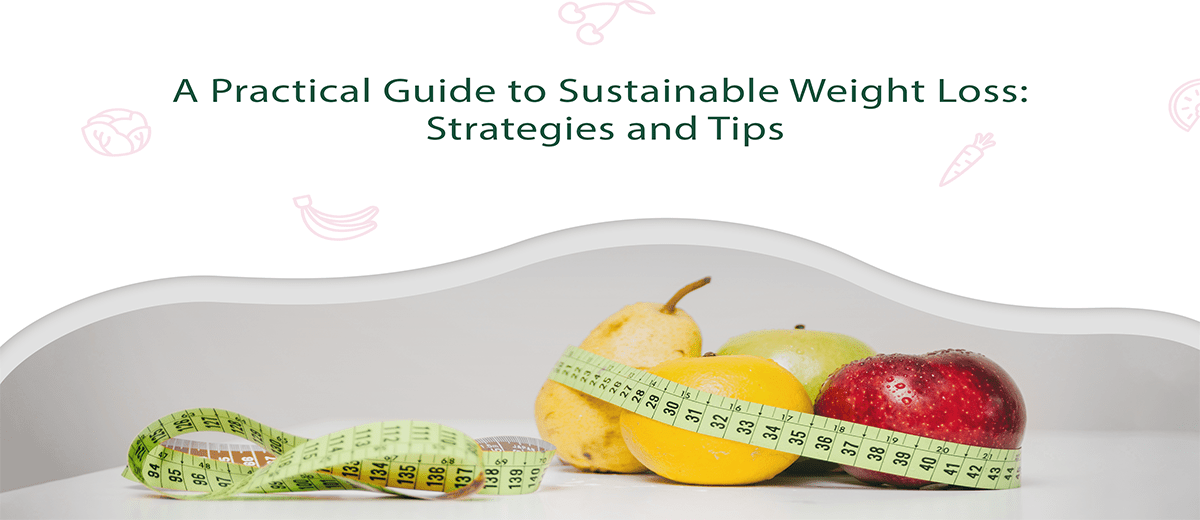
In today’s health-conscious world, achieving and maintaining a healthy weight is a goal shared by many. Whether you’re looking to shed a few pounds for better health or aiming for a significant transformation, successful weight loss requires a combination of mindful eating, regular physical activity, and sustainable lifestyle changes. Here, we explore practical strategies and tips that can help you embark on a journey towards a healthier weight.
Understanding the Basics of Weight Loss
Before diving into specific strategies, it’s crucial to understand the fundamental principles of weight loss:
Calories In vs. Calories Out: Weight loss essentially boils down to consuming fewer calories than you burn. This creates a calorie deficit, prompting your body to use stored fat for energy.
Nutrient Dense Foods: Focus on consuming foods that are rich in nutrients but lower in calories. This includes fruits, vegetables, lean proteins, and whole grains.
Physical Activity: Regular exercise not only burns calories but also boosts metabolism and helps preserve lean muscle mass, which is essential for long-term weight management.
Practical Strategies for Weight Loss
1. Set Realistic Goals
Setting achievable and realistic goals is essential for staying motivated. Aim for gradual weight loss of 1-2 pounds per week, as this is both safe and sustainable over time.
2. Keep Track of What You Eat
Food journaling or using a calorie tracking app can help you become more aware of your eating habits. This practice can highlight areas where you can make healthier choices and avoid mindless snacking.
3. Adopt a Balanced Diet
Focus on incorporating a variety of nutrient-dense foods into your diet:
- Lean Proteins: Chicken, fish, tofu, beans.
- Whole Grains: Quinoa, brown rice, oats.
- Fruits and Vegetables: Colorful and diverse options to ensure a range of vitamins and minerals.
- Healthy Fats: Avocado, nuts, seeds, olive oil.
4. Practice Mindful Eating
Avoid distractions while eating, such as watching TV or scrolling through your phone. Pay attention to hunger cues and stop eating when you feel satisfied, not stuffed.
5. Stay Hydrated
Drinking an adequate amount of water throughout the day can help control hunger and prevent overeating. Aim for at least 8 glasses (64 ounces) of water daily.
6. Control Portion Sizes
Be mindful of portion sizes, as even healthy foods can contribute to weight gain if consumed excessively. Use smaller plates and bowls to help control portions visually.
7. Limit Processed Foods and Sugars
Processed foods and sugary snacks often contain empty calories and can lead to cravings and overeating. Opt for whole, unprocessed foods whenever possible.
8. Get Moving Regularly
Incorporate both aerobic exercises (like walking, jogging, or cycling) and strength training (using weights or bodyweight exercises) into your routine. Aim for at least 150 minutes of moderate-intensity aerobic activity per week, plus muscle-strengthening activities on two or more days.
9. Prioritize Sleep and Stress Management
Lack of sleep and chronic stress can contribute to weight gain by affecting hormone levels that regulate appetite and metabolism. Aim for 7-9 hours of quality sleep each night and practice stress-reducing techniques such as meditation or deep breathing.
10. Seek Support and Accountability
Enlist the support of friends, family, or join a weight loss group or program. Having accountability and encouragement can significantly increase your chances of success.
Maintaining Your Weight Loss
Once you’ve achieved your weight loss goals, the challenge becomes maintaining your new weight. Here are some tips for long-term success:
- Continue Healthy Habits: Maintain your balanced diet and regular exercise routine.
- Monitor Your Weight Regularly: Weigh yourself periodically to catch any fluctuations early.
- Be Kind to Yourself: Accept that setbacks happen and focus on making positive choices moving forward.
- Celebrate Progress: Reward yourself for milestones achieved without using food as a reward.
Conclusion
Achieving and maintaining a healthy weight is a journey that requires commitment, patience, and persistence. By adopting a balanced diet, engaging in regular physical activity, and making sustainable lifestyle changes, you can not only lose weight but also improve your overall health and well-being. Remember, small changes over time can lead to significant results. Stay focused on your goals, stay consistent, and embrace the journey towards a healthier you.
